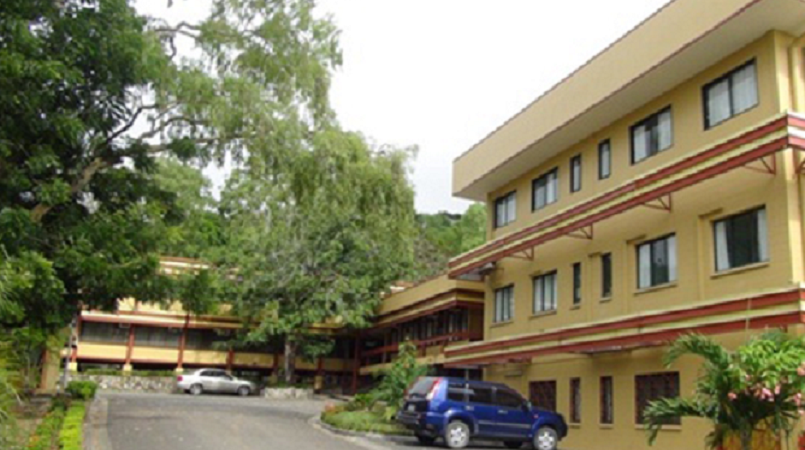
The development of Small and Medium Enterprises (SMEs) in Papua New Guinea (PNG) is considered to be one of the most crucial components of the Government’s social and economic agenda.
This was highlighted in the National Research Institute’s (NRI) latest report: “A Scoping Study to Provide an Assessment of SME Policy Priority Areas for Papua New Guinea.” (NRI Discussion Paper 146).
Released on Thursday, this report is relevant for the current Government policy/drive towards SME development as it identifies some priority policies that could address the constraints facing the country’s SME sector.
Acting NRI director Dr David Ayres said the PNG Development Strategic Plan 2010-2030, PNG Vision 2050, SME Policy 2016 and the accompanying Policy Implementation Master Plan 2016-2030, all clearly demonstrate the Government’s concerted efforts to develop the SME sector and to boost its contribution towards the national economy.
“One such effort is the creation of the Small and Medium Enterprises Corporation (SMEC) to lead the development and promotion of SME growth. Its council is chaired by the Prime Minister,” Dr Ayres said.
He said while SMEC strives to unlock the underlying potential of SMEs, particularly in generating new jobs and fighting rising unemployment, NRI believes that sound policies and effective assistance programs can only be developed and revised if policy makers have a good understanding of the challenges, prospects and dynamism of the SME sector.
Dr Ayres noted that in order to better understand the challenges facing SMEs in PNG, NRI had commissioned a scoping study by NRI Associates Dr Vinod Mishra and Professor Russell Smyth, both from Monash University, to identify some of the challenges facing SMEs, and to suggest policy priority areas that need to be addressed.
The priorities which are addressed in the discussion paper were identified through a consultative process with selected stakeholders.
The policy and research priority areas identified in the report are intended to stimulate reflection and thought, not to provide answers. They include access to land, finance and regional and international markets, regulatory issues and the administrative burden on SMEs, and the involvement of women, youth and disadvantaged groups.
Dr Ayres said even though there have been several significant statements of goals for the
PNG SME sector, existing research on these policy initiatives were insufficient and often non-existent. Evidence-based research is needed to provide feedback on the effectiveness of key initiatives aimed at removing obstacles to SME operations and reducing the cost of doing business in PNG.
Dr Ayres said: “NRI has a dedicated SME research project which is attempting to identify the major obstacles to SME operations, performance and expansion. The project will be strategically targeted, evidence-based and practical.
“It will endeavour to influence and improve the already identified Government priority policy directions.
“NRI fully supports the prioritisation of SMEs by Government. Ultimately, we believe the success of SME policy implementation depends on the ability of SMEC and the Department of Trade, Commerce and Industry to provide access to the data, information and quality research which will enable us to learn what works, what doesn’t, and why.
“We look forward to partnering with Government to strengthen SME development in PNG.”
The report is available freely for download on NRI website: www.nri.org.pg.
